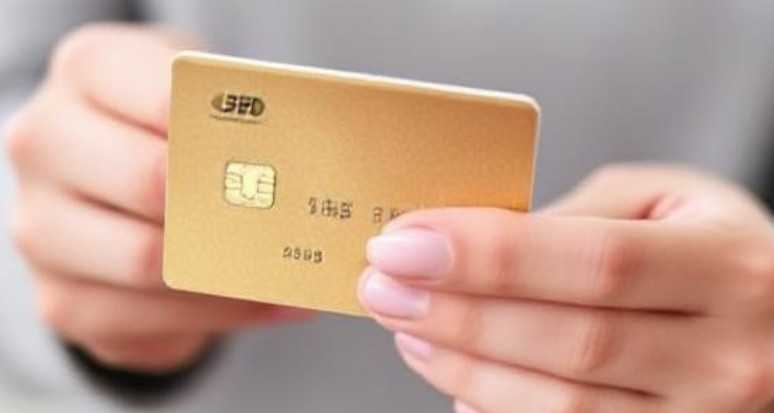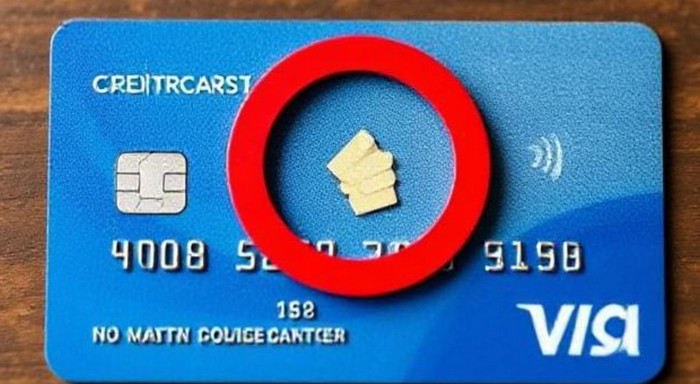Credit cards are powerful financial tools when used responsibly. They offer convenience, security, and valuable rewards while helping build credit. However, mismanagement can lead to debt and financial stress.
This guide will cover:
1. **How to use a credit card responsibly**
2. **Why most purchases should be made with a credit card**
3. **Common mistakes to avoid**
By the end, you’ll understand how to maximize benefits while minimizing risks.
—
## **Part 1: How to Use a Credit Card Responsibly**
### **1. Choose the Right Credit Card**
Not all credit cards are the same. Pick one that aligns with your spending habits:
– **Cashback cards** (e.g., Citi Double Cash, Chase Freedom Unlimited) – Best for everyday spending.
– **Travel rewards cards** (e.g., Chase Sapphire Preferred, Amex Gold) – Ideal for frequent travelers.
– **Secured or starter cards** (e.g., Discover It Secured) – Good for building credit.
**Tip:** Avoid high-annual-fee cards unless the benefits outweigh the cost.
### **2. Understand Your Credit Limit**
Your credit limit is the maximum amount you can borrow. **Never max out your card**—keeping utilization below 30% (ideally under 10%) helps your credit score.
**Example:** If your limit is $5,000, try not to carry a balance over $1,500.
### **3. Pay Your Bill On Time (and in Full)**
– **Late payments** hurt your credit score and trigger fees.
– **Paying only the minimum** leads to costly interest (often 15–30% APR).
– **Paying in full each month** avoids interest and builds credit.
**Pro Tip:** Set up autopay to avoid missed payments.
### **4. Track Your Spending**
Credit cards make overspending easy. Use budgeting apps (Mint, YNAB) or check your bank’s app regularly.
### **5. Monitor Your Credit Score**
Free services (Credit Karma, Experian) let you track changes. A good score (670+) unlocks better cards and loan rates.
—
## **Part 2: Why Most Purchases Should Be on a Credit Card**
### **1. Fraud Protection**
Credit cards offer stronger fraud protection than debit cards:
– **Zero-liability policies** mean you won’t pay for unauthorized charges.
– **Disputes are easier**—banks investigate fraud quickly.
– **Debit cards expose your cash**; credit cards use the bank’s money first.
### **2. Rewards and Cashback**
– **Cashback:** 1–5% back on purchases (e.g., $500/month = $60–300/year).
– **Travel points:** Free flights, hotel stays, and upgrades.
– **Sign-up bonuses:** Some cards offer $200–1,000 for meeting spending thresholds.
**Example:** The Chase Sapphire Preferred offers 60,000 points (worth $750 in travel) after spending $4,000 in 3 months.
### **3. Builds Credit History**
– **Payment history (35% of score):** On-time payments boost your score.
– **Credit utilization (30%):** Low balances help your score.
– **Credit age (15%):** Longer history = better score.
**Tip:** Even small purchases (like Netflix) can help if paid on time.
### **4. Purchase Protections & Extended Warranties**
Many credit cards offer:
– **Extended warranties** (adding 1–2 years to manufacturer warranties).
– **Price protection** (refunds if an item’s price drops).
– **Return protection** (refunds if a store won’t accept a return).
### **5. Convenience & Cash Flow Management**
– **No need to carry cash.**
– **Grace period** (21–25 days to pay without interest).
– **Helps with emergencies** (if used wisely).
—
## **Part 3: Common Credit Card Mistakes to Avoid**
### **1. Carrying a Balance (Paying Interest)**
Credit card interest is expensive (often 20%+ APR). **Always pay in full.**
### **2. Missing Payments**
Late fees ($25–40) and credit score damage aren’t worth it.
### **3. Overspending Just for Rewards**
If you’re buying things you don’t need just for points, you’re losing money.
### **4. Ignoring Fees**
– **Annual fees** (only pay if rewards justify it).
– **Foreign transaction fees** (get a no-FTF card for travel).
– **Balance transfer fees** (usually 3–5%).
### **5. Closing Old Accounts**
This shortens credit history and increases utilization—hurting your score.
—
## **Conclusion: Smart Credit Card Use = Free Money & Security**
When used correctly, credit cards:
✅ **Save money** (rewards, protections).
✅ **Build credit** (better loan rates).
✅ **Provide security** (fraud protection).
**Key Rules:**
✔ **Pay in full every month.**
✔ **Keep utilization low.**
✔ **Choose the right card for your lifestyle.**
By following these principles, you’ll turn your credit card into a financial asset rather than a liability.
Would you like recommendations for specific cards based on your spending habits?


